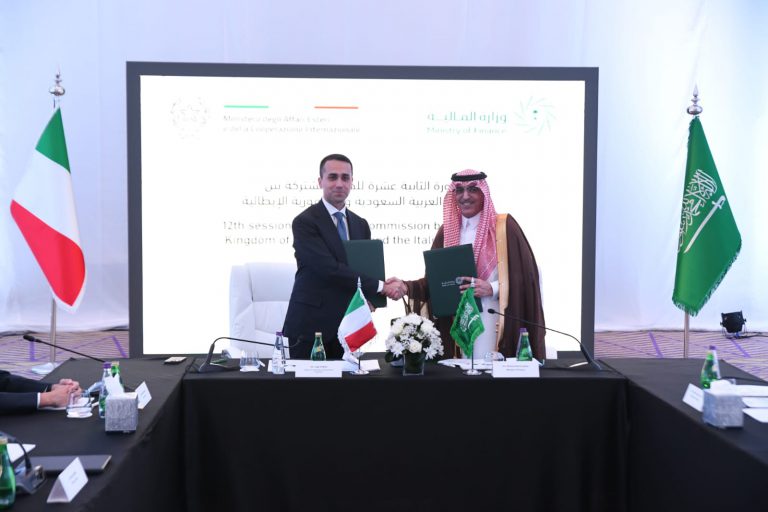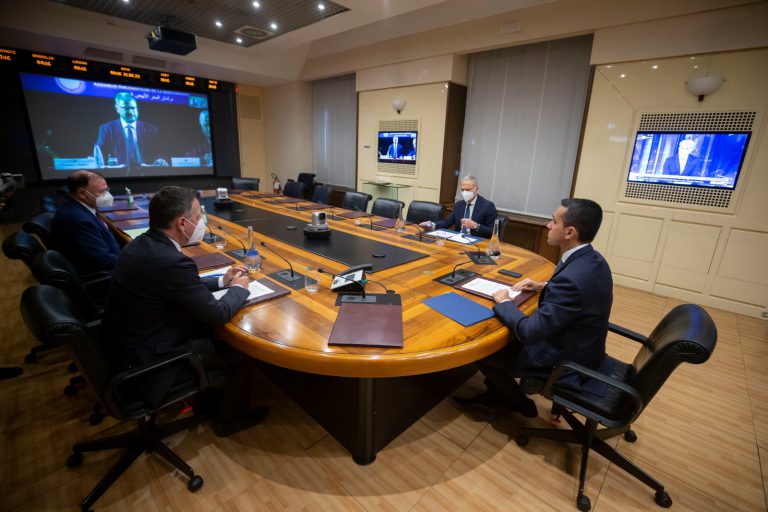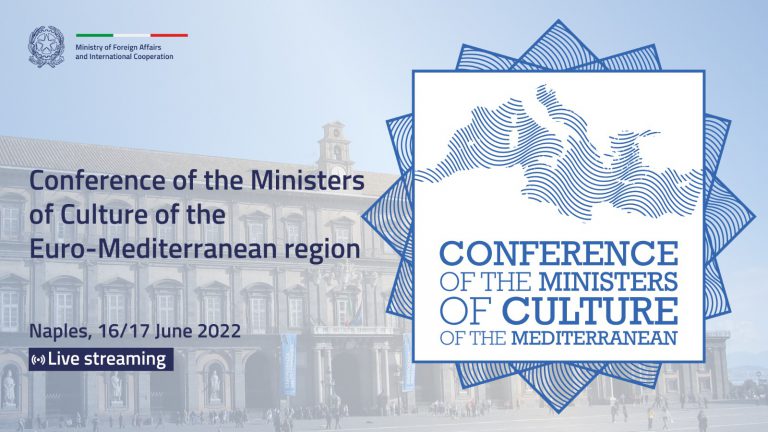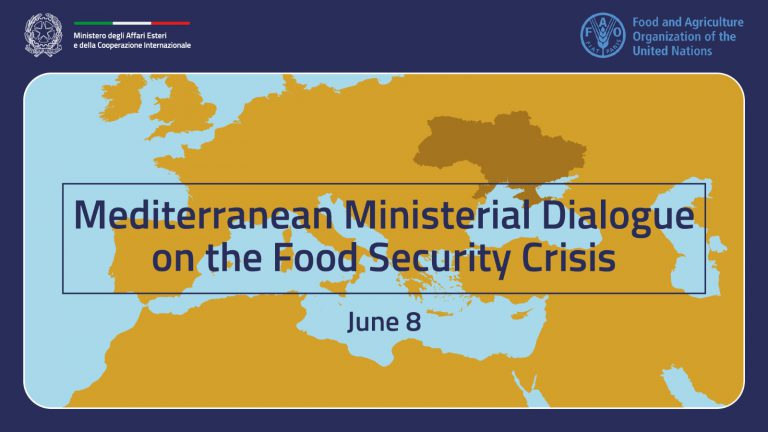Palermo and Sicily have hosted 300 delegates from 64 Countries and have put the Mediterranean back at the centre of the world political debate. By virtue of its several thousand-years-old history and its openness to different civilisations, we have chosen Palermo to host the ministerial Mediterranean Conference of the Organisation for Security and Co-operation in Europe (OSCE), an organisation that stretches from Vancouver to Vladivostok, covering an area of the world peopled by one billion people. But at the Palermo meetings we also invited representatives of partner Countries from the Southern shore of the Mediterranean, with Arabs and Israelis sitting side by side. For the first time ever, more than 30 ministers and deputy ministers attended an OSCE conference of this importance, presided over by Italy. Our many international guests were enthusiastic of the welcome received from us Sicilians and acquired the “spirit of Palermo” reflected on the Quadrilingual Slab kept at the Zisa Palace showing the world’s different dating systems in Hebrew, Latin, Greek and Arabic. This emblem, paying respect to all peoples and to all religions, has always characterised Sicily and Sicilians. The political message of the Conference was clear and unanimous: even if the Mediterranean only represents 1% of the Earth’s surface, it is where the game of world security is being played out. So, in Palermo, we decided to establish a full-fledged partnership between the 57 OSCE Countries and all the Mediterranean Countries involved. In our opinion, this partnership must have three founding elements:
1. Political dialogue but also security and solidarity. In these past few years, in a world in which ‘zero risk’ does not exist, Italy has combined hospitality and rigour, proving that it is possible to save human lives and, at the same time, fight human trafficking. This is why, in Palermo, we signed an agreement with the United Nations to finance a programme against the “agents of the journeys of death” with 2.7 million euros.
2. More cooperation with our Mediterranean partners at intelligence level to control migration routes, also in the light of the risk of the return of Foreign Fighters to Europe, following the military defeat of Daesh in Iraq and the liberation of Raqqa in Syria.
3. More investments on culture to bridge the dangerous gap open in the Mediterranean, which is the spawning ground of fanaticism, violent extremism and terrorism. For this reason, we launched an ambitious programme of 500 new cultural initiatives, with the aim of realising an Erasmus programme in the Mediterranean. Forty years ago, the “spirit of Helsinki” inspired the rapprochement of the East and West of the world during the Cold War era. From now on, the “spirit of Palermo” will nurture and enhance the dialogue for peace and security in the Mediterranean.







